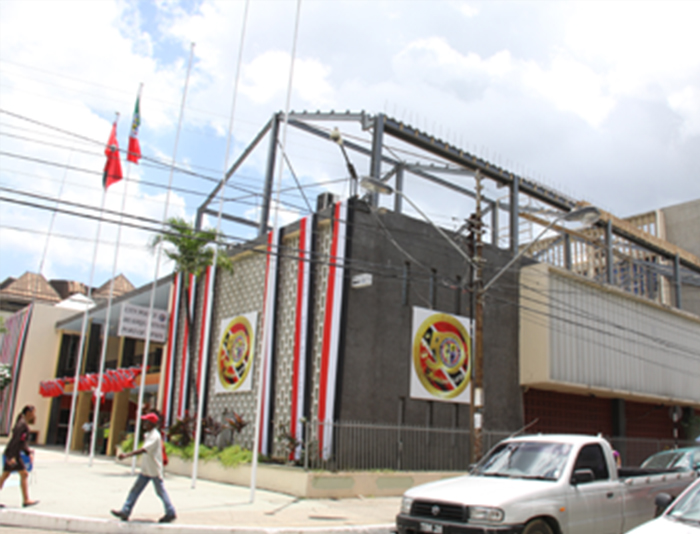

As of January this year, a team at the Universidad Austral de Chile (UACh) completed testing for energy reduction of a small rural school outside the city of Valdivia. The sensing equipment, testing procedures and general supervision was carried out by Florida International University (FIU) Professor Thomas Spiegelhalter in close collaboration with architects Manuel Puicol and Alex Becker from the UACh. Their recommendation for electric energy reduction, following a no cost/low cost strategy, was to change all lighting fixtures to LED lamps. UACh bought the lamps and installed them in February 2016. The installed sensing equipment utilized for the initial energy tests, reported a reduction in electric energy consumption in excess of 20%. The team is currently waiting for quarterly electric bills to confirm this initial finding. On March 9, 2016, the new lamps installed at Mision de Arique rural school, were officially donated by the Chilean ECPA team. This is the first school in the region to be 100% illuminated by LED fixtures. The official donation was attended by the mayor of Valdivia Mr. Omar Sabat Guzman and the director of municipal education of Valdivia (DAEM), Mr. Patricio Solano Campos, among other key stakeholders from UACh and FIU.
The ECPA Brazil team in Goiania, continues testing three pilot projects to support a grant application with CELG, the local electric energy provider. On a competitive basis, CELG supports energy-reduction projects with 0.5% of their yearly revenue. Local partners seek to align with ECPA´s national efforts to access CELG’s financing to fund more energy reduction demonstrations through pilot projects. The ultimate goal is that CELG would continue supporting energy reduction projects of municipal buildings in this municipality.

FIU’s local partner, Energy Dynamics Limited (EDL), is currently implementing an energy reduction project on the Ministry of Energy building in Port of Spain. This is the first of several municipal buildings planned for energy reduction procedures in the country.
The purpose of this 36-month project is to support work to lower 10% to 15% electricity consumption in approximately 400 municipal buildings through the development and implementation of sound energy efficiency standards and policies. The selected municipalities have demonstrated a willingness to address emissions through facilitation and implementation of energy efficiency improvements; have significant populations; and high energy consumption.
 View Map
View Map